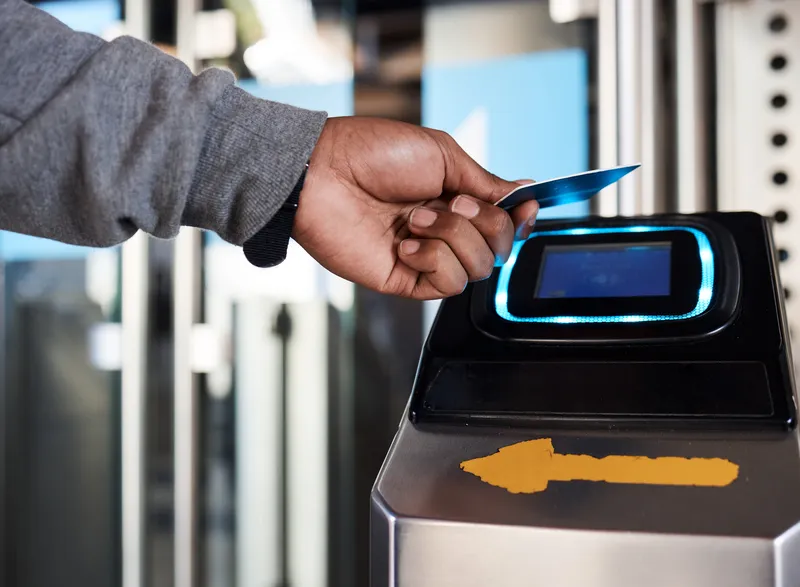A group of Austria's leading banks, card payment providers and related companies have joined forces to create the Austria Card 'Wallet Initiative' in order to create an open, nationwide standard for mobile wallets. The aim of the standard is to help consumers make contactless payments with their mobile phones via a mobile card as well as enabling them to use special offers by simply tapping their phone at the checkout, in much the same way they would use loyalty cards, vouchers, and coupons.
October 31, 2013
Read time: 2 mins

A group of Austria's leading banks, card payment providers and related companies have joined forces to create the Austria Card 'Wallet Initiative' in order to create an open, nationwide standard for mobile wallets.
The aim of the standard is to help consumers make contactless payments with their mobile phones via a mobile card as well as enabling them to use special offers by simply tapping their phone at the checkout, in much the same way they would use loyalty cards, vouchers, and coupons. MasterCard and Visa payments are also integrated.
The group has conducted its first tests of the near field communication (NFC)-based standard, is running a nationwide pilot project during late 2013 and aims to be market-ready in 2014. The standard is expected to be accepted across a wide range of different providers and sectors including retail, transport, ticketing, security and banking.
Mobile network operators will also offer a secure NFC-SIM card option. Members of the initiative include Austria Card, Card Complete, Drei, Erste Bank, First Data Austria, MasterCard, Nexperts, PayLife Bank, T-Mobile and Visa.
The aim of the standard is to help consumers make contactless payments with their mobile phones via a mobile card as well as enabling them to use special offers by simply tapping their phone at the checkout, in much the same way they would use loyalty cards, vouchers, and coupons. MasterCard and Visa payments are also integrated.
The group has conducted its first tests of the near field communication (NFC)-based standard, is running a nationwide pilot project during late 2013 and aims to be market-ready in 2014. The standard is expected to be accepted across a wide range of different providers and sectors including retail, transport, ticketing, security and banking.
Mobile network operators will also offer a secure NFC-SIM card option. Members of the initiative include Austria Card, Card Complete, Drei, Erste Bank, First Data Austria, MasterCard, Nexperts, PayLife Bank, T-Mobile and Visa.










